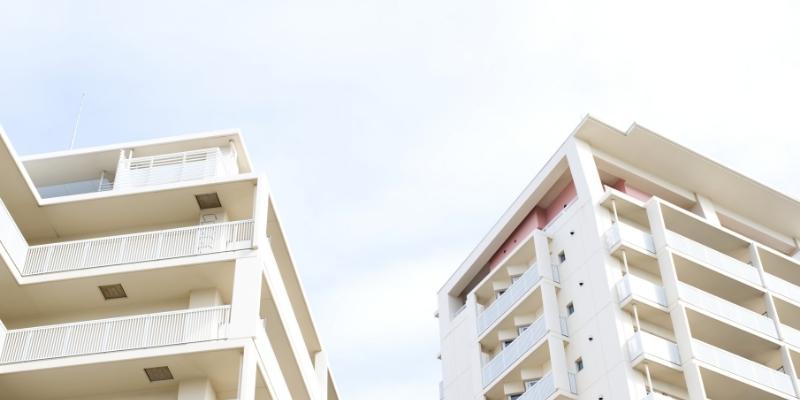Residential Apartment Buildings Act – how does it fit into the grand scheme of building regulation?

What is the RABA?
The Residential Apartment Buildings (Compliance and Enforcement Powers) Act 2020, or more commonly known as “RABA”, came into effect on 1 September 2020.
The RABA was passed in response to growing community concern about defects in residential apartment buildings, particularly as heavy reporting of events at Opal Towers and Mascot Towers dominated the headlines. The government was urged to take urgent action, giving rise to a reform package aimed at increasing regulations and providing the Building Commissioner, David Chandler, with a wide range of investigative powers. This reform package comprised the RABA and Design and Building Practitioners Act 2020.
Who is affected by the RABA?
In terms of entities, RABA applies to ‘developers’ carrying out building work. The RABA has a broad application, defining a developer as any of the following:
- The person who contracted or arranged for building work;
- The owner of land where building work is being carried out;
- The principal contractor; or
- The developer of a strata scheme.
With respect to the actual works that RABA applies to, this is dealt with by way of the definition for building work. For the purposes of the Act ‘building work’ is any physical activity involved in the erection of a building as well as any work, coordination or supervision involving construction, alterations or repairs.
Most significantly, the RABA has a retrospective application, covering residential apartment buildings that have not been completed or were completed in the last 10 years.
With this in mind, any entity that could be seen as a ‘developer’ undertaking ‘building work’ should be aware of the RABA and the powers that it provides to the Building Commissioner. This is because their past, present and future work could be subject to the RABA.
For that reason, it is also relevant to Strata Managing Agents, potential or current owners/tenants of residential buildings and owners corporations.
What powers does the Building Commissioner have?
RABA provides the Building Commissioner with many new powers to intervene, investigate and possibly stop building work. They are as follows:
Prohibition Order: The Building Commissioner can make an order prohibiting the issuing of an occupation certificate in many circumstances. One of those situations is where a serious building defect exists.
Stop Work Order: A stop work order will prevent a developer from continuing building work. This arises in situations where the Building Commissioner holds the opinion that the building work is, or is likely to be, carried out in a manner that could result in significant harm or loss to the public or occupiers or potential occupiers of the building or significant damage to property.
Building Work Rectification Order: This order may be issued where the Building Commissioner has the reasonable belief that the building work is being carried out in a manner that will cause a serious defect or that the building has a serious defect. It requires a developer to either carry out work or refrain from carrying out work so as to eliminate, minimise or remediate a serious defect. Notice is to be given to the developer before the order is issued.
Where a developer fails to comply with the terms of a building work rectification order, the Building Commissioner is empowered to do anything that is necessary or convenient to give effect to the terms. A compliance cost notice can also be issued to a developer requiring them to pay all reasonable costs and expenses incurred by the Building Commissioner in relation to the building work rectification order.
Investigative Powers: Under RABA, the Building Commissioner can appoint authorised officers, who have significant investigative power to direct the handover of information, enter premises, copy records, record evidence, make necessary examinations and to seize or demolish building work that has a connected to a serious defect.
In summary, what are the benefits and drawbacks of the RABA?
Pros:
- May increase public trust in the building industry.
- Empowers the Building Commissioner to take action where there are defects – without the need for litigation.
- Less formal process than the traditional court/tribunal system
- May discourage bad operators from cutting corners and undertaking builds that don’t meet the appropriate standards.
- Is another protection that owners of residential apartments may rely upon.
Cons:
- Another piece of legislation added to the building industry – could create more confusion.
- Difficult to recover any expert or legal costs.
- Requires immense supervision and investigation from the Building Commissioner – could create delays.
If you have any questions or concerns, please do not hesitate to contact our team on 9523 5535. We are here to assist you with all your strata enquiries.
Related Links: Just over a month until developer ratings roll out
Disclaimer: The information contained in this article is provided as general information only. It is not intended to be legal advice and it should not be used or relied on as legal or professional advice.


